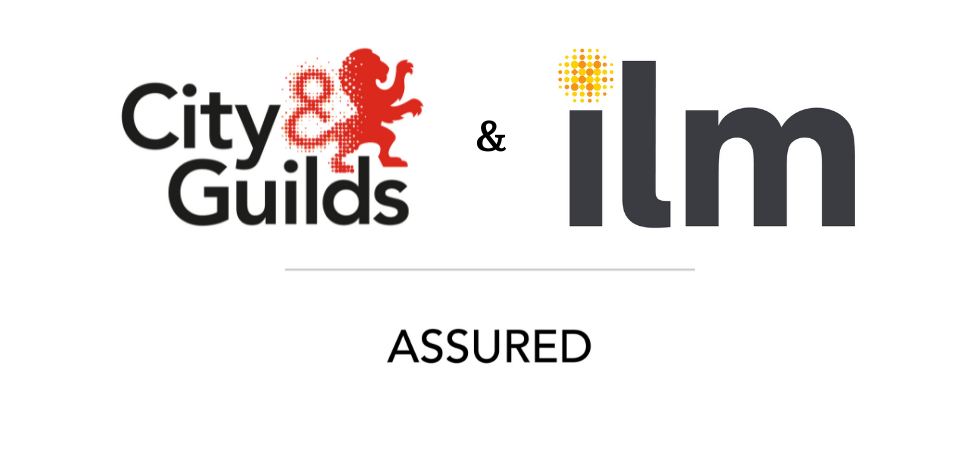FinTech is an emerging industry aiming to modernise the delivery of financial services. In a world which is becoming more and more digital by the day, there is a move for FinTech start-ups to integrate financial services into the lives of today’s tech-savvy customers.
Younger generations now prefer quick and easy processes through the use of their smartphones.
Innovative ideas have competed with banks in order to provide solutions for traditional methods where you no longer need to walk to the branch and go through the process of setting up a lengthy account. Now the use of mobile banking and investing services have taken over and this speed for innovation and progression only continues.
Within the last decade there has been a pattern of people quitting their jobs in big financial services firms to launch start-ups, often in partnership with technologists similarly intent on shaking up a niche area with new technology.
FinTech start-ups are appearing across the industry. FinTech “seeks to improve and automate the delivery and use of financial services”. Revolut, Transferwise and Funding Circle are examples of new, tech-led companies looking to bypass banks by streamlining the business of making payments, currency transfers and lending.
The FinTech market
In the area of money transfer and payment services, the market share of FinTech providers more than doubled from less than 25% in 2015 to more than 55% in 2018.
The revenue potential for the most successful entrants is significant. By the end of 2019, market analysts Gartner predict that one in four retail banks will be using start-up providers to replace legacy online and mobile banking systems.
InsureTech and RegTech
Under the umbrella of FinTech also comes InsureTech, which seeks to create “technology designed to squeeze out savings and efficiency from the current insurance industry model” and RegTech – innovative technology used to address “regulatory challenges in financial services”. Research in these sectors is finding technological solutions that can significantly reduce the need for staff, cut costs and speed up compliance.
The power of big data
In the same way that big pharmaceutical companies are buying up biotech start-ups using big data to shake up the pharmaceutical and health industry, incubators and mentorships within large banks (such as JP Morgan) are supporting smaller innovators and start-ups within finance. These companies are able to innovate faster than the big, incumbent banks and can turbocharge their growth with access to the big players’ market data and expertise. Meanwhile their hosts have the chance to choose from the most innovative talent and services.
Open Banking is designed to drive this cycle of innovation in mobile and online banking even faster, unleashing further waves of new apps and services. The banking sector is braced for major disruption. There are now roughly 50 to 60 new challenger banks in the UK, 99% of which are tech-driven.
Monzo is the most notable, styling itself as ‘the bank of the future’. Launched with a team of just 300 people, it promised transparency in contrast with the ‘opaque’ banking of the established banks.
Monzo’s tech-driven approach to banking is popular amongst millennials. For 2019, it was voted the bank with the most satisfied customers, according to Which? Magazine, while incumbents like HSBC and Royal Bank of Scotland trailed at the bottom of the list. It epitomises a new generation’s desire for a fresh style of banking, readily available on their smartphones, and simple and clear enough to understand at a glance.
Tech trends
A related FinTech trend is platformification – bundling together multiple services onto one online platform to provide users with an automated, efficient and integrated customer experience.
In the US, LendKey – which has pioneered the ‘lending as a service’ model – works with some 300 banks and credit unions to create custom, white-label online lending platforms. The New York-based FinTech company is backed by venture capital providers including technology investment specialists Updata Partners. Its stated aim is to transform the €3.6 trillion consumer lending market using innovative cloud technology to allow the country’s 13,000-plus community financial institutions to offer low-cost borrowing options.
Meanwhile in the UK, Yourkeys (no relation) is streamlining the process of buying new-build homes. The startup set out to simplify one of life’s most stressful transactions, tracking the purchase of a home like an Amazon parcel or Uber taxi ride. Its platform offers a full end-to-end service from search to completion with a live timeline showing progress at each step, including offer and acceptance, conveyancing, mortgage and insurance, as well as allowing users to select home upgrades and finishes. Developers can integrate the platform in their own website and marketing.
These start-ups show how technology can make it much easier and quicker to meet consumers’ financial services needs. In addition, transaction costs can be streamlined and better products and services developed for customers.
The future of FinTech
Some predict that within the next five years there could be 10 times more retail banks. Whether or not such forecasts are borne out, tech-driven innovation within the financial sector – by established players and new entrants in insurance, investment management and banking – will be a strengthening trend through 2019 and beyond.
For more trends in Financial Services, download your copy of “Investing to save, serve and survive” here:












